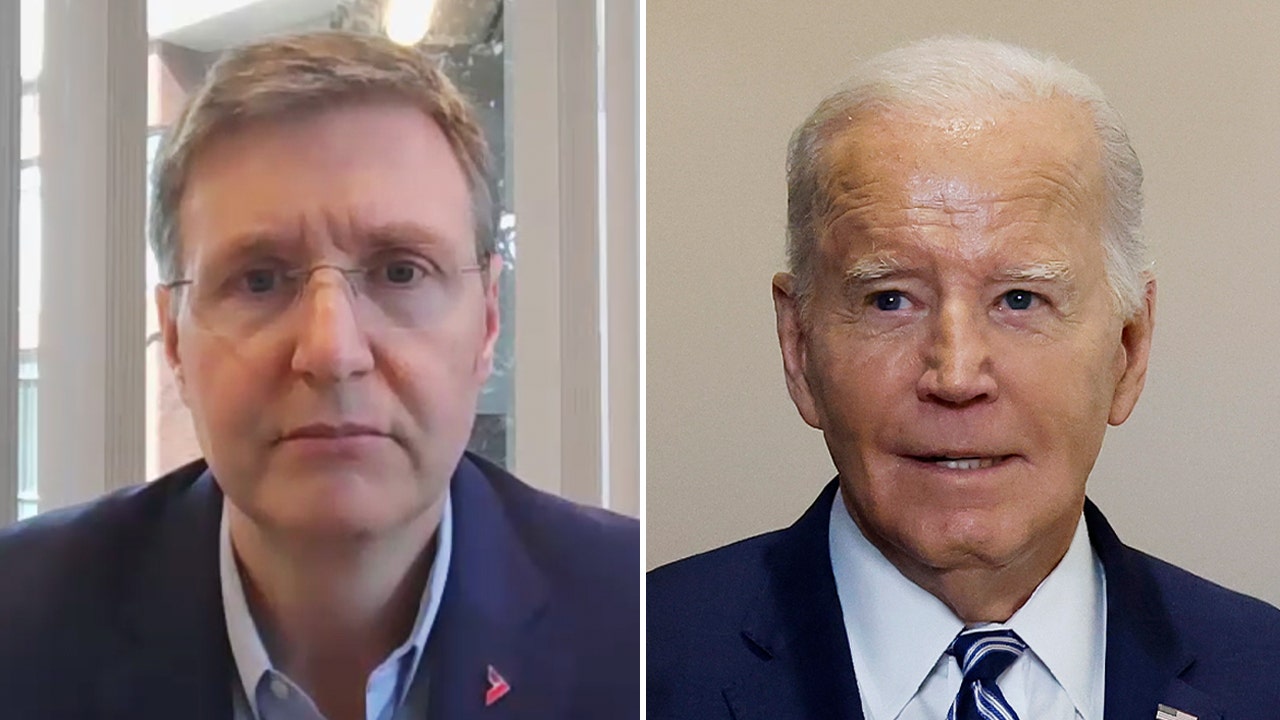


In a recent development, Ray Starling, former chief of staff to the U.S. Secretary of Agriculture, has criticized the Biden administration's regulations on farming and menthol cigarettes. Starling highlights several issues with the regulations, including water policy, the guest worker visa program, and burdensome FDA regulations. He argues that these regulations are harming the agriculture industry and making it more difficult for farmers to access labor and grow their businesses [7d7dcac8].
Specifically, Starling points out concerns with water policy, which he believes is overly restrictive and burdensome for farmers. He also criticizes the guest worker visa program, stating that it is not meeting the needs of the agriculture industry and is making it harder for farmers to find and retain workers. Additionally, Starling raises concerns about FDA regulations, particularly the proposed ban on menthol cigarettes. He cites the failed attempt to ban menthol cigarettes in California and warns of the potential increase in black market activity if a nationwide ban is implemented. Starling argues that these regulations are making it harder for farmers to stay in business and predicts that more farmers may leave the industry in the next five to ten years.
The Biden administration has defended its efforts to support farmers and rural communities through financial assistance programs and transformative investments. They argue that these regulations are necessary to protect public health and address long-standing issues in the agriculture industry. However, Starling's criticism highlights the challenges faced by the administration in balancing the needs of farmers with broader policy goals [7d7dcac8].
In a surprising turn of events, the Biden administration is now reversing its plan to ban menthol cigarettes, according to the Wall Street Journal. The decision is expected to be announced as soon as Friday afternoon. Menthol cigarettes account for a third of the industry's overall market share in the United States and have been cited for their appeal to young smokers and significant health impacts for Black communities. The U.S. Food and Drug Administration has not yet responded to a request for comment [416cfcec].
As President Joe Biden approaches the end of his term on January 20, 2025, conservatives have accused him of attempting a last-minute cigarette ban. While Biden has focused on regulating cigarette companies, including previous attempts to restrict menthol cigarettes, the proposed FDA rule aims to establish a maximum nicotine level in tobacco products rather than a full ban. This regulation completed its review on January 3, 2025. Critics argue that stronger regulations could harm the economy and create black markets, while the FDA states that the proposed nicotine regulation could have a significant impact on public health [8df67c12].
A December 2024 report by Chmura Economics estimates that limiting nicotine in cigarettes could lead to a staggering $30.6 billion annual loss in economic output and over 154,000 job losses. Since the FDA began regulating cigarettes in 2009, it has not set a standard nicotine level. Tobacco products are projected to generate $108.5 billion in 2024, with 76% of that revenue coming from cigarettes. Richard Marianos warns that the proposed regulations could lead to increased black market activity and counterfeit sales. Furthermore, federal excise tax revenue from tobacco could decrease by $8 billion, while state and local tax revenue could drop by up to $16 billion. The Tobacco Master Settlement could also see an impact of around $5.6 billion. Notably, smoking rates are currently at a historic low of 11% as of July 2024 [4d776582].